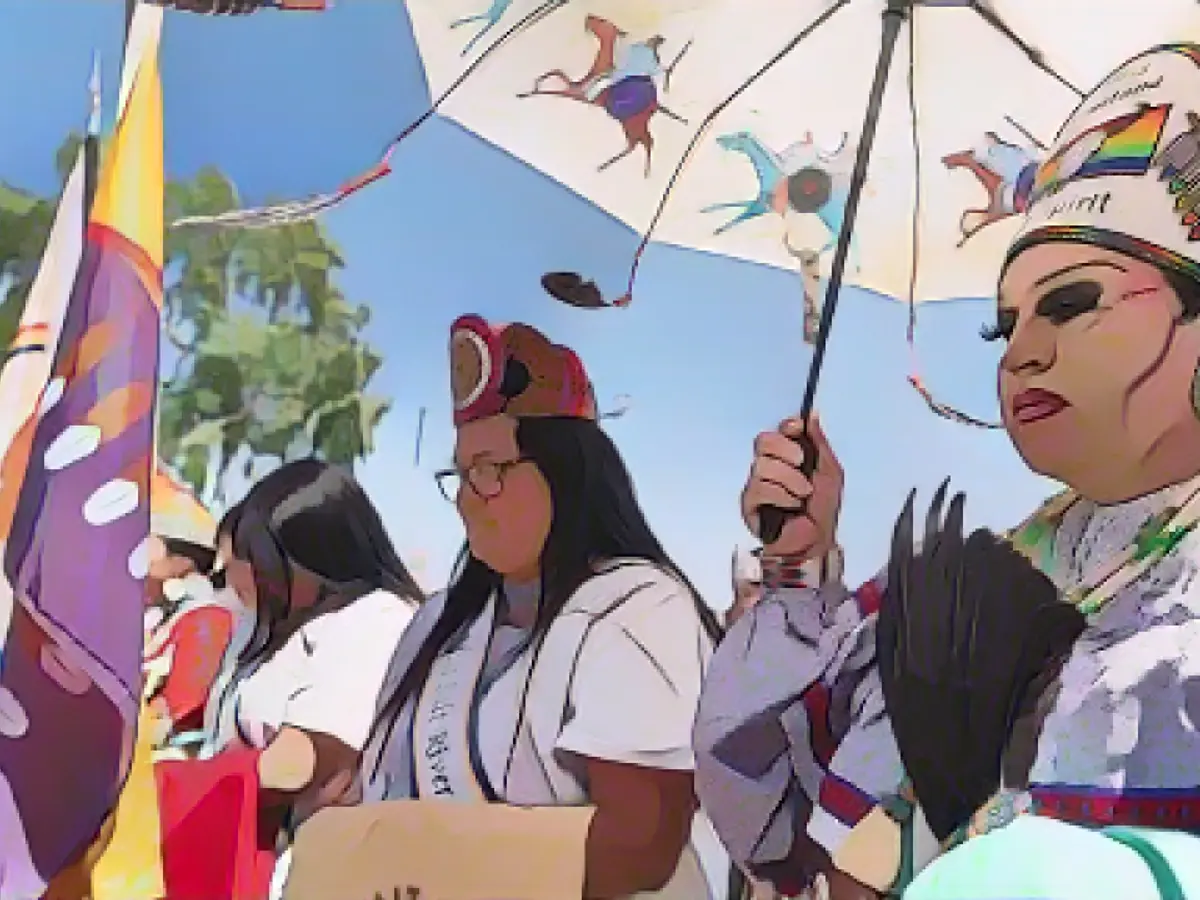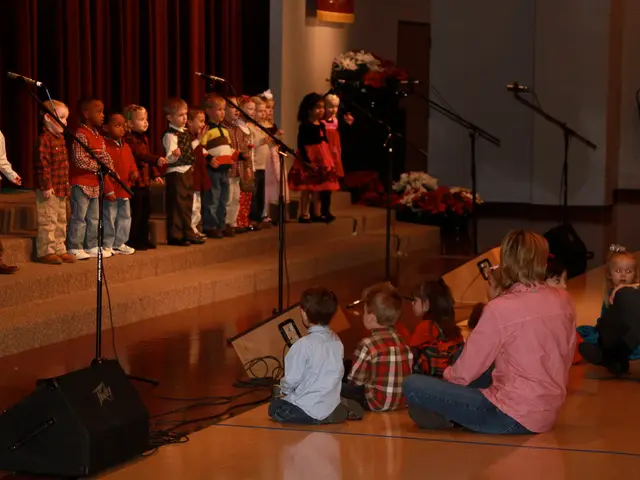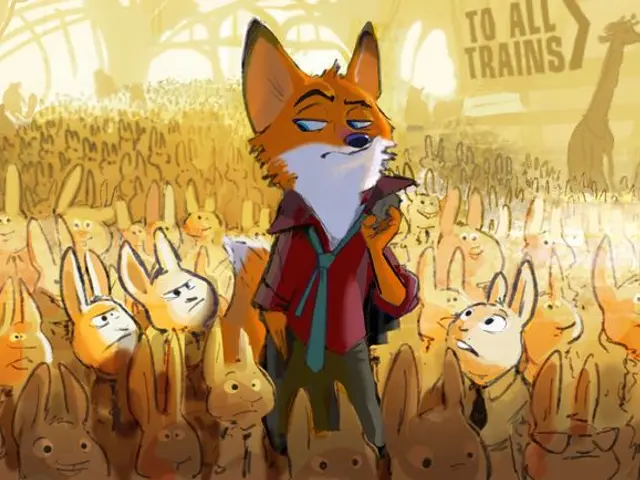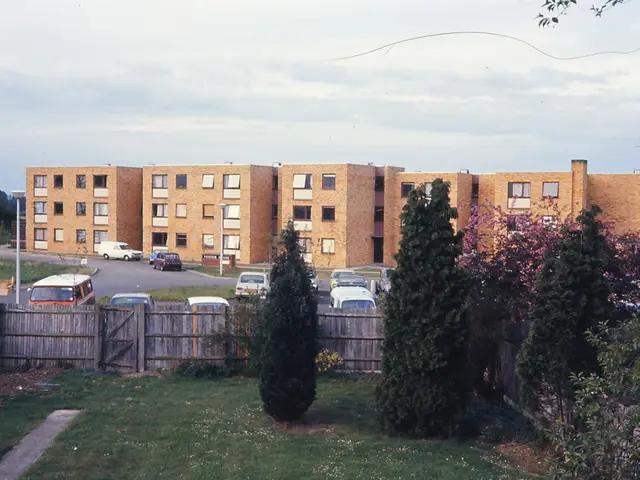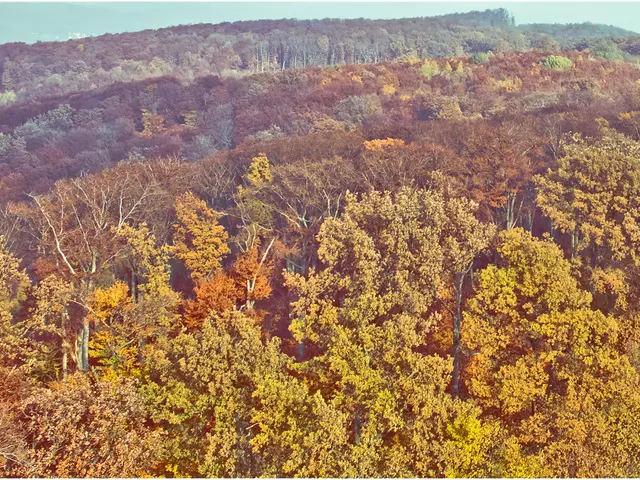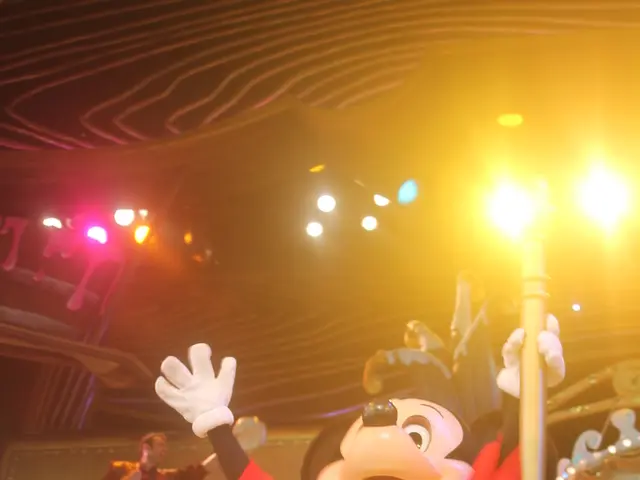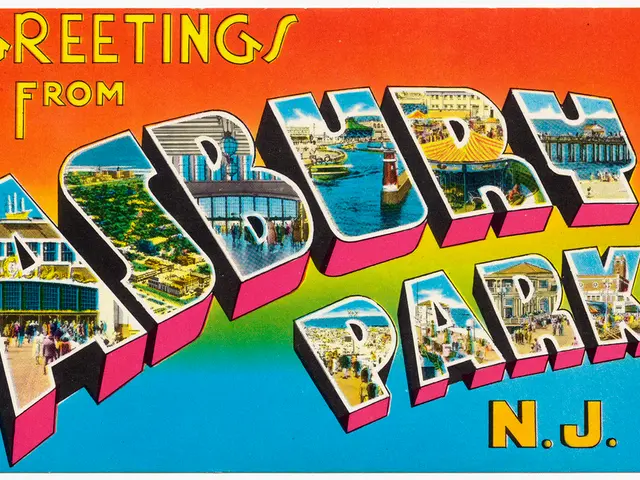Montana's two-spirit individuals and their allies are challenging the state's binary definition of gender by taking legal action. The contested law, Senate Bill 458, defines gender solely based on data concerning XY or XX chromosomes and reproductive systems. The law, which went into effect in October, incorporated these gender definitions into various aspects of state law, including driver's licenses, demographic data, and antidiscrimination statutes.
In October, attorneys representing the Two-Spirit Association of Montana and a group of transgender, intersex, and non-binary Montanans filed a lawsuit against the law in Missoula County District Court. They argue that the state's gender definition "misclassifies many Montanans, excludes others from legal recognition entirely, and denies numerous advantages and protective measures under state law to numerous individuals." The complaint further alleges that the law violates Montana residents' personal dignity, equal protection, freedom of speech, and privacy.
David Herrera, co-founder and leader of Two Gods of Montana, shared his view on joining the lawsuit, saying, "We don't just adhere to simple biological definitions; we recognize that there are various genders out there, and our culture has always known that there are more than two genders." Herrera, a 61-year-old Two-Spirit man adopted by the Blackfeet tribe, emphasized that some Native American cultures can have four to six distinct genders.
The Republican governor of Montana, Greg Gianforte, and Montana's Attorney General Austin Knutson are among the defendants in this lawsuit. However, the governor's office "usually does not comment on ongoing legal proceedings," as a spokesperson told CNN. Montana's Attorney General's office is expected to file a response to the lawsuit by December 14th.
The "two-spirit" term, coined in the 1990s, refers to a wide range of Native American and First Nation individuals historically regarded as possessing both male and female spirits and playing unique, specialized roles within their cultures. Some LGBTQ+ American Native individuals also use this term for self-identification.
Prior to colonization, two-spirit communities played essential roles in healing and rituals. However, as indigenous peoples were forced to assimilate, many aspects of their traditions were lost.
"For those regarded as having mixed spirits, a man dressing like a woman or a woman dressing like a man defied church teachings, which led to them being viewed as offensive or abnormal," Herrera noted. "In some instances, however, our two-spirit community members were actually murdered or forced to conform to traditional gender roles."
Steven Barrios, a registered member of the Blackfeet Nation and co-founder of the Montana Two Spirit Society, explained that the organization stands against the state's new gender definitions.
"Many of us have been traumatized by the things the government has done to us, so we thought it was about time – we needed to reclaim what's ours instead of letting the government take it away," Barrios said.
Barrios added that SB 458 and similar laws pose additional challenges for youth with mixed spirits.
"It's alarming, as many suicides in our reservations have been due to their identities," Barrios said.
According to a 2021 Williams Institute study at UCLA School of Law, an estimated 6% or 285,000 LGBTQ+-identifying adults in the United States live in indigenous communities or are Native Alaskans. Although significant changes have occurred since colonization, violence against LGBTQ+ individuals and two-spirit community members remains widespread, and they face serious psychological challenges.
A 2015 study found that 43% of Native LGBTQ+ adults reported experiencing a major depressive episode in the past year, compared to fewer than 25% of non-LGBTQ+ adults[3]. A majority of Native LGBTQ+ adults reported experiencing daily forms of discrimination and verbal abuse in the past year, and 57% reported experiencing physical or sexual harassment throughout their lives[4].
Rylee Sommers-Flanagan, an attorney representing the plaintiffs, noted that it's important to preserve the experiences of as many Montanans as possible, including the two-spirit community.
"This community has been around for an incredibly long time," Sommers-Flanagan said. "The way these laws affect people is really important and is experienced in very real and concrete ways."
References: [1] "Montana Lawmakers Propose Bills to Ban Medical Transition for Minors, Limit Access to Restrooms." [2] "Judge Rules Montana DMV Violated Constitution by Denying Non-Binary Person 'NB' Gender Marker." [3] "HB-11 Revised – Montana bills targeting LGBTQ+ rights explained." [4] "Native LGBTQ+ Research: A Call for Action and Collaboration." [5] "Montana's LGBTQ+ and Two-Spirit Community Faces Harmful Legislation."
